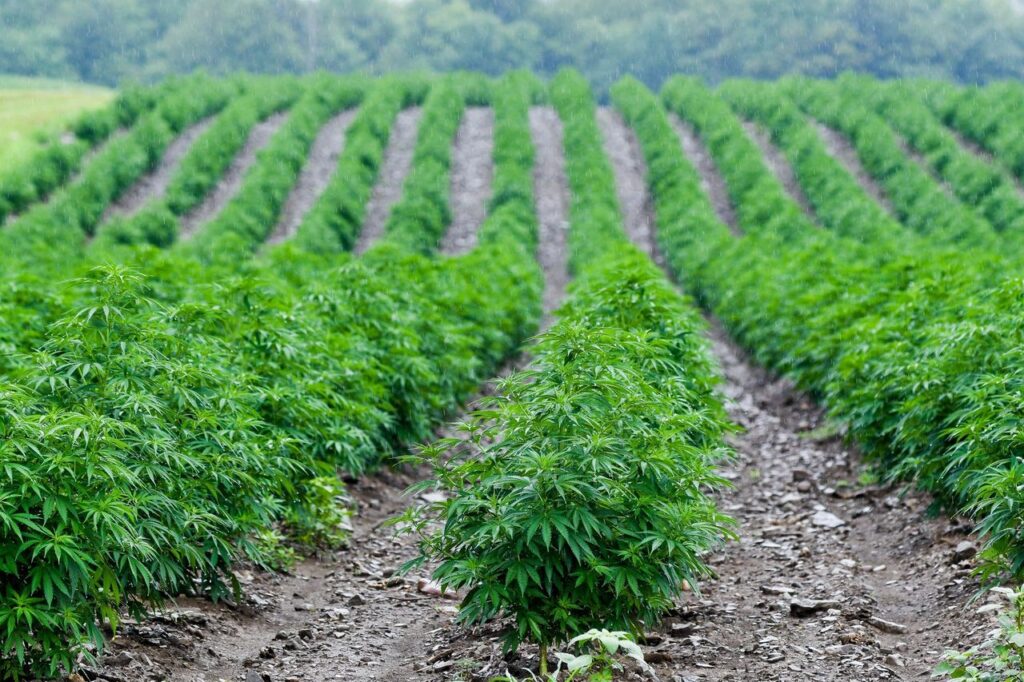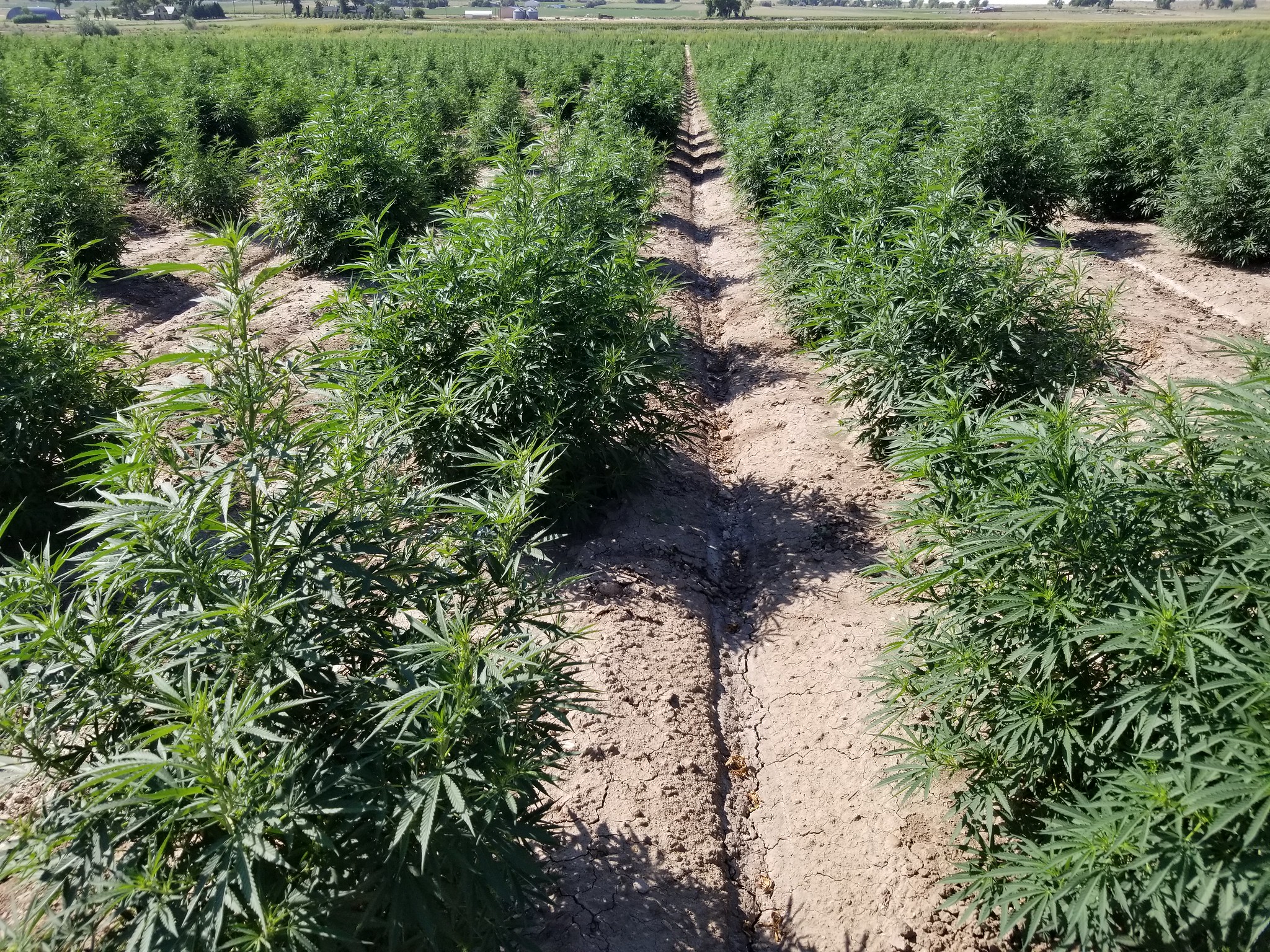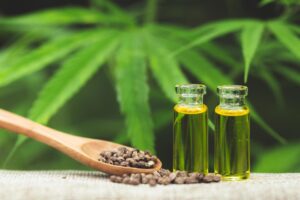In recent years, Texas has become a significant player in the burgeoning hemp industry, with a substantial increase in hemp farming across the state. This trend is particularly notable in areas like Houston, where agriculture and innovation merge to pave the way for a green revolution. This detailed exploration delves into the facts and figures surrounding hemp farming in Texas, shedding light on its impact, challenges, and potential future.
The Rise of Hemp Farming in Texas
Texas entered the hemp farming arena relatively recently, following the legalization of hemp under the 2018 Federal Farm Bill, which distinguished hemp from marijuana based on its low tetrahydrocannabinol (THC) content. In Texas, legislation catching up with federal law came in 2019, allowing Texans to start planting hemp the following year. Since then, Texas has seen a rapid increase in the number of acres dedicated to hemp cultivation, with a surge from zero to several thousand acres in just a couple of years. As of the latest figures, Texas has over 5,000 acres devoted to hemp, with significant contributions from regions around Houston.
Understanding Hemp’s Appeal
Hemp’s appeal largely stems from its versatility and environmental benefits. Capable of being used in over 25,000 products, ranging from textiles and building materials to CBD oil, hemp represents a multi-purpose crop that aligns well with both agricultural and economic objectives. It’s particularly appealing to farmers due to its relatively low water usage compared to traditional Texas crops like cotton, making it an environmentally friendly alternative during periods of drought.
Houston’s Role in Expanding Hemp Cultivation
Houston has emerged as a central hub for hemp cultivation and research in Texas. The city’s agricultural extension services and several private enterprises have pioneered extensive research into hemp’s best farming practices, suitable seeds for the Texan climate, and the most effective harvesting techniques. This concentration of expertise has not only bolstered hemp farming in the surrounding areas but also helped standardize processes and increase yields.
Economic Impact and Opportunities
The economic implications of hemp farming in Texas are substantial. The crop’s introduction has spawned a new sector, complete with processing facilities, distribution networks, and retail outlets, all contributing to local economies. For instance, the hemp-derived CBD market has exploded, with Texas poised to become one of the leading markets in the U.S. This sector alone has attracted significant investment, with millions of dollars poured into infrastructure and development, promising thousands of jobs ranging from agronomy to sales.

Challenges Facing Hemp Farmers in Texas
Despite its potential, hemp farming in Texas faces several hurdles. The primary challenge is regulatory. While state laws have enabled hemp cultivation, there remains a complex web of regulations concerning the THC content of hemp crops, testing protocols, and product compliance. Farmers must navigate these regulations carefully to avoid legal pitfalls.
Another significant challenge is the market’s volatility. Prices for hemp, particularly for CBD oil, have fluctuated widely as supply sometimes outstrips demand. Additionally, the novelty of hemp farming means that best practices are still being established, which can result in inconsistent crop quality and yield.
Future Prospects of Hemp Farming in Texas
Looking forward, the prospects for hemp farming in Texas are promising but will require ongoing adaptation and support. Continued research into crop management and the development of strains suited to the Texan climate will be crucial. Moreover, as the market stabilizes and the supply chain matures, hemp could become a more reliable and profitable crop for farmers.
Educational and Research Initiatives
Texas institutions have also played a critical role in the development of the hemp industry. Universities and agricultural colleges have introduced courses and workshops on hemp cultivation, which not only educate current and future farmers but also foster a new generation of agronomists specialized in hemp. Research into pest management, soil health, and water use efficiency continues to advance, offering improvements that could benefit the entire agricultural sector.
Conclusion
As the green acres flourish across Texas, hemp farming stands out as a field ripe with potential. From Houston to the broader expanses of the state, farmers, researchers, and entrepreneurs are joining forces to explore this versatile crop’s benefits. Despite facing challenges such as regulatory hurdles and market instability, the future of hemp in Texas looks promising. With its environmental benefits and economic potential, hemp farming may soon become a cornerstone of Texas agriculture, leading the way toward a more sustainable and profitable farming practice.
Discover the future of agriculture with NanoHempTechLabs! As pioneers in the Texas hemp industry, we provide top-tier hemp products tailored for versatility and sustainability. Our state-of-the-art cultivation techniques, perfected across Houston’s flourishing fields, ensure high-quality yields designed to meet the demands of both environmental sustainability and market efficiency. Join us in revolutionizing hemp farming and explore our wholesale opportunities that promise not just growth but a greener tomorrow. Don’t miss out on leading the green revolution. Visit our website today and schedule a call with one of our hemp experts to learn how NanoHempTechLabs can elevate your product line and profit margins!
Reference:
- Adesina, I., Bhowmik, A., Sharma, H., & Shahbazi, A. (2020). A review on the current state of knowledge of growing conditions, agronomic soil health practices and utilities of hemp in the united states. Agriculture, 10(4), 129. https://doi.org/10.3390/agriculture10040129
- Atoloye, I., Adesina, I., Sharma, H., Subedi, K., Liang, C., Shahbazi, A., … & Bhowmik, A. (2022). Hemp biochar impacts on selected biological soil health indicators across different soil types and moisture cycles. Plos One, 17(2), e0264620. https://doi.org/10.1371/journal.pone.0264620
- Burton, R., Andres, M., Cole, M., Cowley, J., & Augustin, M. (2022). Industrial hemp seed: from the field to value-added food ingredients. Journal of Cannabis Research, 4(1). https://doi.org/10.1186/s42238-022-00156-7





